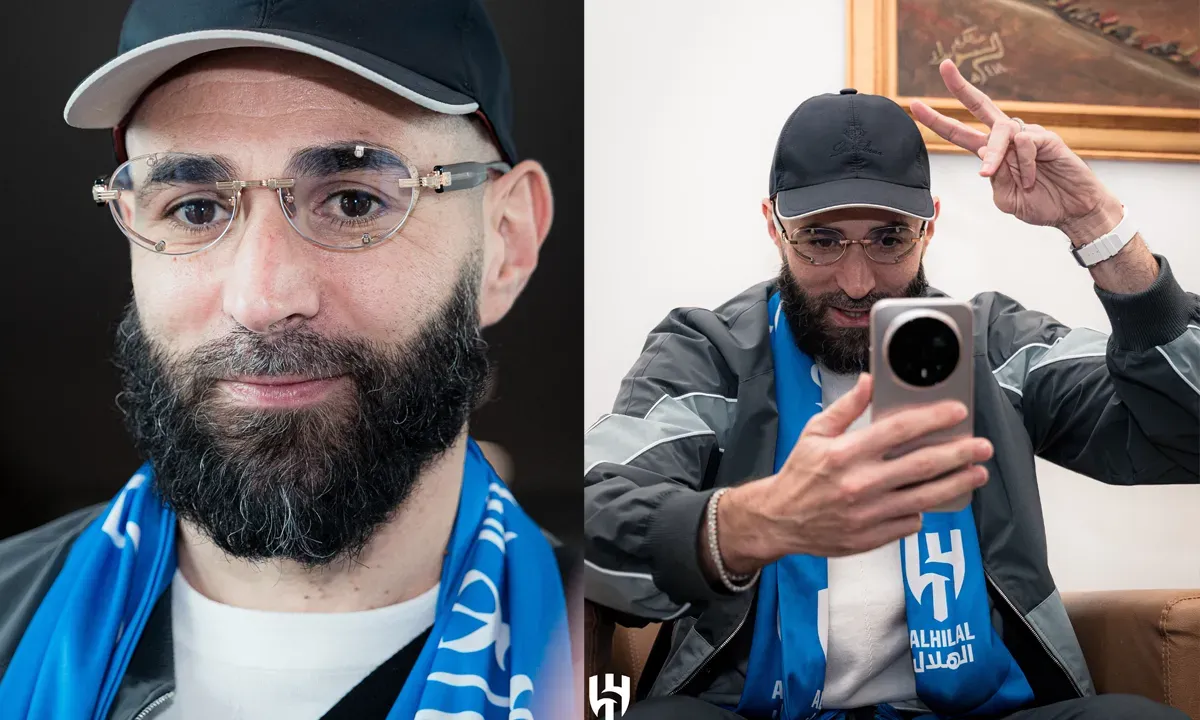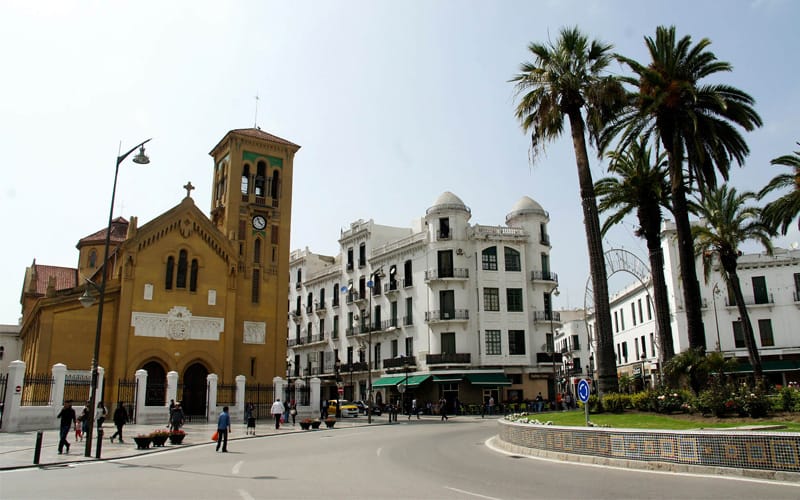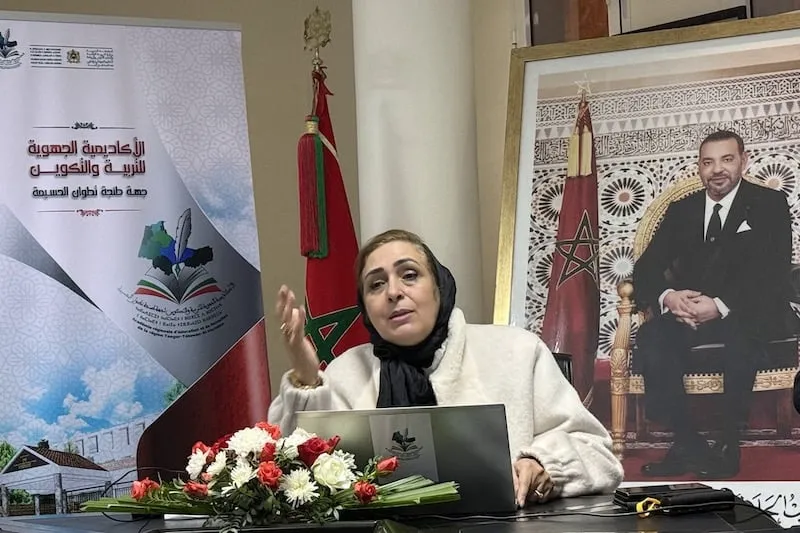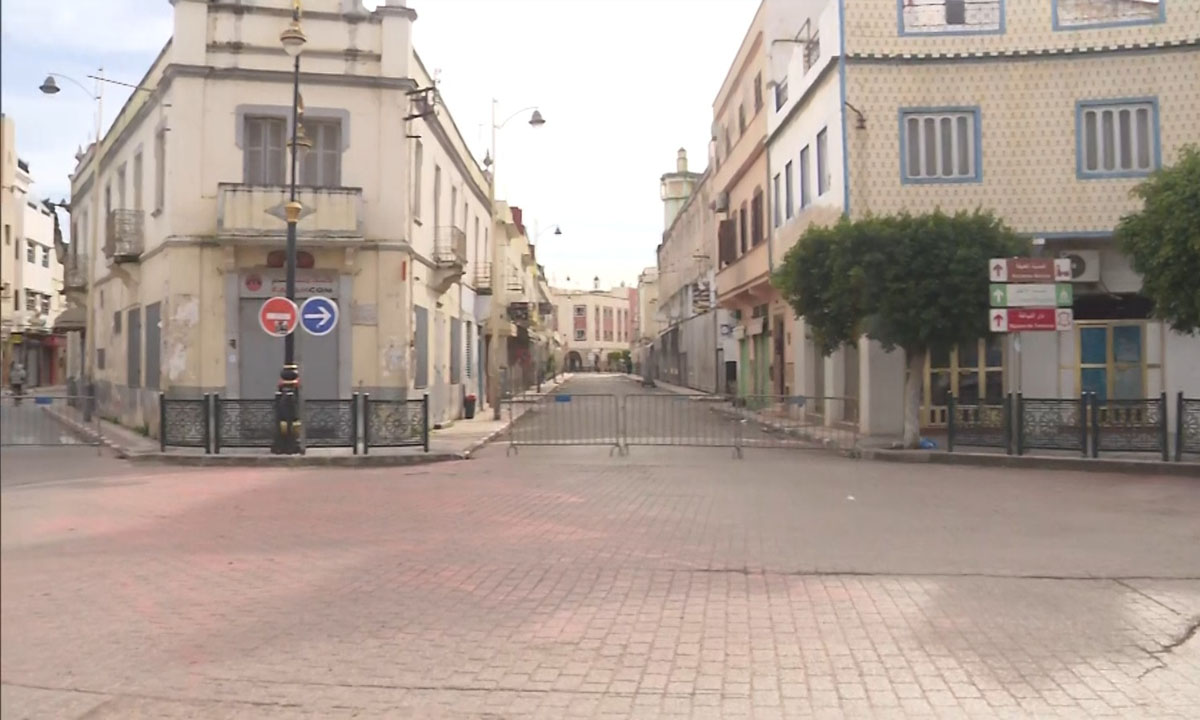Maha El-Sagheer in the Spotlight: Controversy Surrounding Alleged Art Theft
Egyptian media personality Maha El-Sagheer has recently captured headlines not for her journalism or her previous relationship with actor Ahmed El-Saka, but due to a controversy that has sparked significant debate in artistic and media circles.
This incident, dubbed the “Stolen Painting Crisis,” has highlighted the complexities of intellectual property issues within the art world, as well as the ethical and legal challenges public figures face when trying to assert themselves in new domains.
What Happened?
The controversy began when El-Sagheer appeared as a guest on a popular television show, where she passionately discussed her love for painting, claiming to have pursued it as a hobby for years. During the episode, an impressive artwork depicting a woman with braided hair in chains was showcased. Maha asserted that this piece was her original creation, symbolizing the struggles of women seeking liberation.
This claim gained significant public attention, especially following her recent split from actor Ahmed El-Saka, which she alluded to as a period of mistreatment.
The situation escalated when Danish artist Lisa Latch-Nielsen revealed that the featured artwork was her own, created in 2019 and titled “I Made Myself Wings.”
The controversy deepened further as other artists, including a French artist and a German artist, pointed out that additional paintings presented on the show and attributed to El-Sagheer were actually their works.
These allegations placed Maha in a highly embarrassing position, facing accusations of appropriation without permission or acknowledgement of the original creators. This sparked a wave of criticism on social media, with some viewing her actions as a blatant violation of intellectual property rights, while others suggested it could be a misunderstanding or an unintentional error.
Apology Issued
In response to the backlash, Maha El-Sagheer publicly apologized on her social media accounts, acknowledging her mistake and expressing regret for harming the Danish artist and all affected artists, as well as the media platform that hosted her. She noted that her personal challenges, including her separation from Ahmed El-Saka after 26 years of marriage, do not excuse her actions.
Despite the sincerity of her apology, some parties were not satisfied, calling for more serious measures, such as a direct apology to the affected artists or a formal clarification on the program.
From a legal perspective, the case raised questions about the protection of intellectual property in Egypt. Many argued that attributing artwork to someone else without permission constitutes a violation of both local and international laws, including the Berne Convention for the Protection of Literary and Artistic Works.
Relevant authorities have summoned representatives from the channel that hosted Maha to investigate the matter, indicating the serious nature of the incident.
Attempt to Establish Identity
On another note, some individuals defended Maha, emphasizing that artists often influence one another’s work and that mistakes may arise from personal pressures or misjudgments.
This incident has reignited discussions regarding the ethics of art and media, underscoring the importance of respecting creators’ rights. It also highlighted the challenges public figures face when entering new fields, especially amid personal and social pressures.
Maha El-Sagheer aimed to affirm her identity as an artist and an independent personality beyond her well-known marriage, but this effort has turned into a tough lesson on the significance of transparency and integrity.
















